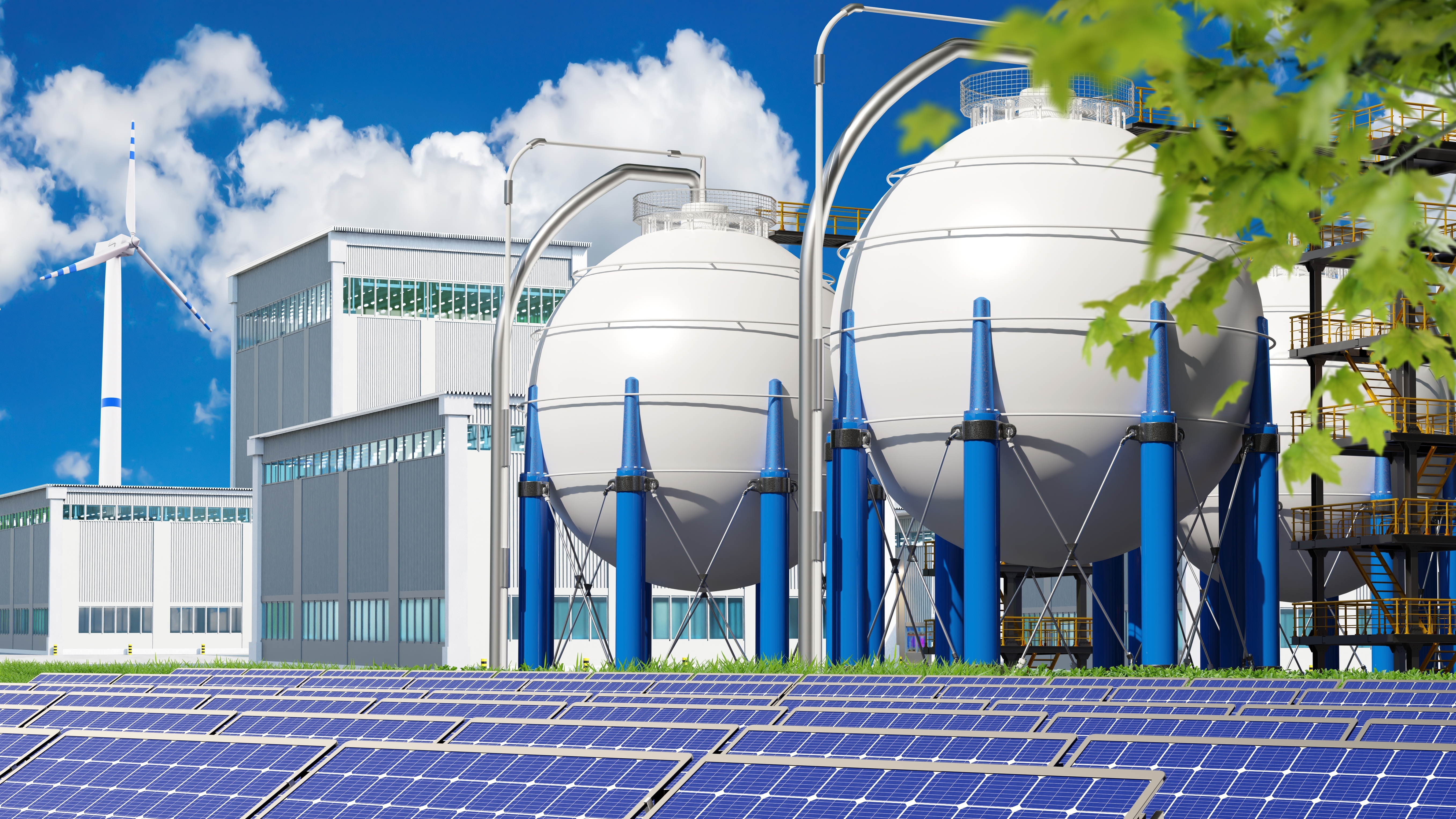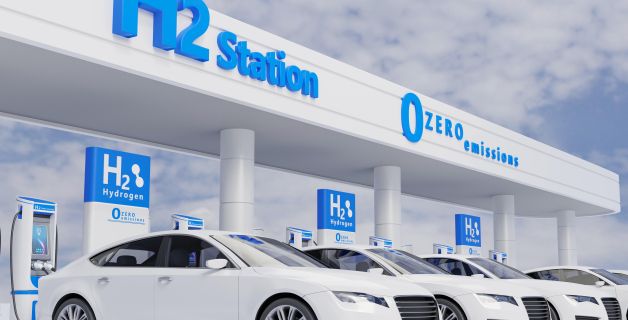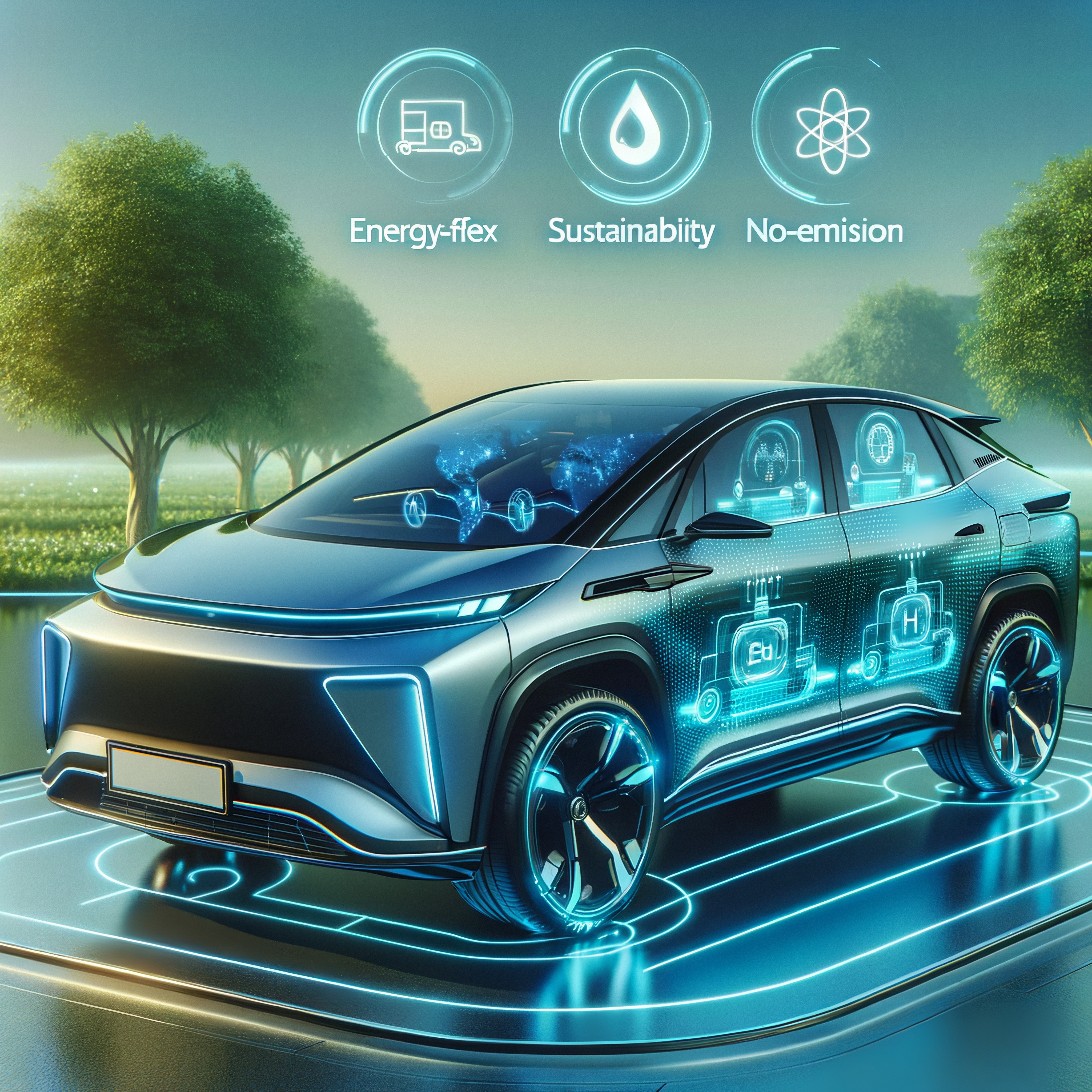Featured Articles
2022-09-12
Only auto-experts have a great vision on hydrogen vehicles
 The auto-experts will inevitably move towards the development of hydrogen energy vehicles in the future.
The auto-experts will inevitably move towards the development of hydrogen energy vehicles in the future.For the establishment of green homes, the standard is constantly improving, and the goal of reducing carbon emissions has been gradually revised by major countries to zero emissions; in the future, all automakers will inevitably move towards the development of hydrogen energy vehicles. Major countries have regarded hydrogen energy as a future national development strategy, and lithium batteries are generally recognized as not the only solution for zero emissions. Even though insufficient hydrogen energy infrastructure and high cost have reduced the willingness of major automakers to invest in mass production of hydrogen energy vehicles, they cannot stop this inevitable trend. Although the sales volume of the hydrogen passenger cars put into mass production by Toyota and Hyundai Motors is not as good as expected, after more than 8 years of market verification, they have fully demonstrated their solid car-making craftsmanship and performance. On the other hand, it is also proved in practice that only heavy vehicles using hydrogen energy can be the only solution that can meet zero emissions and performance without compromising performance. The industry has gradually reached a consensus on this trend, but practical issues such as economic benefits must be considered. Therefore, at this stage, most car manufacturers are trying to use various strategies and methods to examine subjective and objective factors, and enter the hydrogen vehicle-related ecosystem under multiple thinking. It has become the focus of the layout of each car factory to explore the positioning, application and direction that can give full play to its advantages. On the one hand, it strives for the greatest benefit space, and on the other hand, it can actually enter the development of hydrogen energy vehicles.
In 2021, the top ten global sales car manufacturers are Toyota, Volkswagen, Hyundai, Stellantis, GM, Renault-Nissan-Mitsubishi Group, Honda, Ford, Suzuki and Mercedes. Among them, only Volkswagen has taken a completely resistant attitude to hydrogen vehicles. Although Suzuki has no hydrogen vehicle development plan, its scooters already have prototypes of hydrogen fuel cells. Therefore, it is a serious misunderstanding to believe that only a few carmakers have invested in hydrogen vehicles. At a time when the focus of the automotive market is on lithium vehicles, many leading car manufacturers and market research reports have pointed out that the future market will develop towards the coexistence or even complementarity of lithium vehicles and hydrogen vehicles. However, this is only a narrow analysis of the description of the automotive market alone, and does not compare the future potential of hydrogen energy relative to lithium batteries..
First of all, when the infrastructure such as hydrogen refueling stations is gradually improved, the convenience and performance advantages of hydrogen vehicles can be fully demonstrated compared with the very troublesome charging method of lithium vehicles and the limited endurance. Second, the energy storage characteristics of hydrogen fuel are far superior to those of lithium batteries, so that its application can span various applications requiring energy, and it can extend the reach of car factories. From Toyota, Hyundai and General Motors, all are moving towards this goal, and have already come out some achievement. This is the turning point for the transformation of the automobile industry and for the real new energy vehicle revolution. However, lithium vehicles, which shipments have surged, have not been able to produce those effects. The third is that all major countries have formulated a clear policy to fully develop hydrogen energy. There is absolutely no reason for the automobile industry to be absent. Only car manufacturers that are willing to invest resources to vigorously engage in the development of hydrogen fuel cells, hydrogen energy vehicles and related industries are respectable examples with vision and scopes.
References
-
Electrek, 2020-04-22, Bradley Berman, Daimler ends hydrogen car development because it’s too costly
-
Financial Times, 2020-05-10, Richard Milne, Volvo and Daimler bet on hydrogen truck boom this decade
-
Green Car Congress, 2022-05-20, Renault Scénic Vision hydrogen hybrid concept offers 75% smaller carbon footprint than a conventional BEV
- Electrek, 2022-01-20, Scooter Doll, Honda CEO says Toyota’s strategy topursue hydrogen combustion ‘doesn’t seem feasible’
- CNBC,2021-06-21, Michael Wayland, GM plans to expand fuel-cell businessbeyond EVs
-
General Motors, News Room, GM Plans to Broaden Electrification, Expanding Fuel Cells Beyond Vehicles
-
Reuters, 2021-09-22, Nick Garey, German auto giants place their bets on hydrogen car
-
CNBC,2022-05-22, Anmar Frangoul, The most dumb thing’: Elon Musk dismisses hydrogen as tool for energy storage
- Bloomberg, 2022-05-26, Annie Lee, The Trouble With Lithium
- Gear Patrol, 2022-03-15, Tyler Duffy, Ford May Be Planning to Keep the Internal Combustion Mustang Alive



